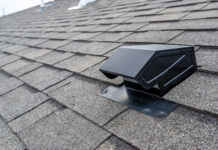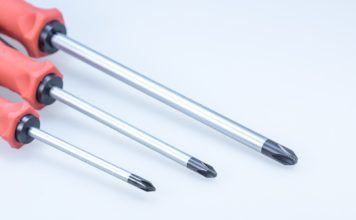The Internet of Things (IoT) plays a significant role in transforming field service management (FSM) by enabling real-time connectivity, data collection, and remote monitoring. IoT refers to the network of physical devices embedded with sensors, software, and connectivity capabilities to exchange data over the internet.
Field service management software helps businesses streamline and automate their field service operations. It enables efficient scheduling and dispatching of field technicians, provides real-time visibility into job statuses and technician locations, and automates processes such as work order management, inventory tracking, and invoicing.
Here are the key roles of IoT in field service management:
Remote Equipment Monitoring
IoT sensors can be installed in equipment and machinery to monitor their performance, health, and usage remotely. These sensors collect data on parameters such as temperature, pressure, vibration, and energy consumption. Field service organizations can leverage this real-time data to track equipment conditions, detect anomalies, and identify potential failures before they occur. By predicting and preventing breakdowns, organizations can reduce downtime, optimize maintenance schedules, and improve overall equipment reliability.
Remote Diagnostics and Troubleshooting
IoT devices enable remote diagnostics and troubleshooting capabilities. When equipment encounters issues, IoT sensors can transmit relevant data to the FSM software, allowing field technicians or support teams to remotely analyze the problem. This remote visibility helps technicians understand the root cause, identify potential solutions, and determine the necessary tools and spare parts required for a service visit. Remote troubleshooting reduces the need for unnecessary dispatches and can often lead to faster problem resolution.
Inventory Management and Parts Tracking
IoT devices can be used to track inventory levels in real-time, providing accurate visibility into spare parts availability. By integrating IoT sensors with FSM software, organizations can automate inventory management processes, monitor stock levels, and receive alerts when parts need to be replenished. This ensures that field technicians have the necessary parts readily available, reducing service delays and improving first-time fix rates.
Optimal Routing and Dispatching
IoT devices and location tracking capabilities enable organizations to optimize the routing and dispatching of field technicians. By integrating real-time location data with FSM software, companies can identify the nearest available technician to a customer location and assign tasks accordingly. This improves response times, reduces travel distances, and maximizes technician utilization.
Improved Customer Experience
IoT in FSM enhances the overall customer experience. By remotely monitoring equipment and proactively addressing potential issues, organizations can minimize equipment downtime and disruptions for customers. Predictive maintenance and remote troubleshooting capabilities enable faster problem resolution, reducing customer wait times and improving satisfaction levels.
Data-Driven Insights and Analytics
IoT generates a massive amount of data that can be analyzed to derive actionable insights. By leveraging advanced analytics and machine learning algorithms, organizations can extract valuable information from IoT data streams. These insights help identify usage patterns, optimize resource allocation, improve service delivery processes, and make informed business decisions.
Service-Level Agreements (SLAs) and Performance Monitoring
IoT enables organizations to monitor and measure key performance indicators (KPIs) in real-time, facilitating SLA compliance and performance monitoring. With IoT sensors, organizations can track metrics such as response time, resolution time, first-time fix rate, and equipment uptime. By monitoring performance in real-time, organizations can proactively address any deviations from SLAs and continuously improve service quality.
Overall, IoT in field service management empowers organizations to move from reactive to proactive and predictive service approaches. By leveraging real-time data, remote monitoring, and advanced analytics, organizations can optimize their operations, improve equipment reliability, enhance customer satisfaction, and drive business growth.









